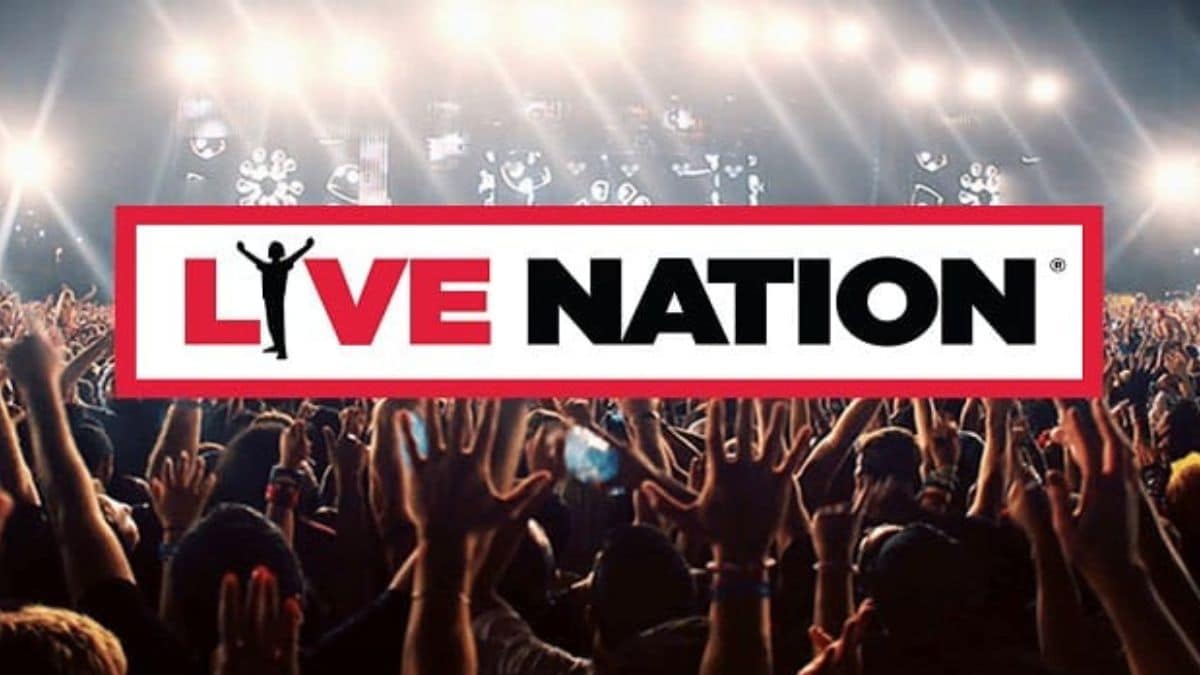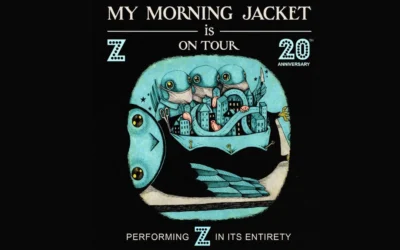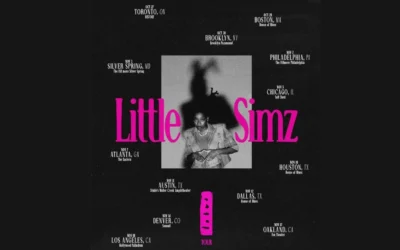Live Nation’s legal woes over longtime allegations that uses anti-competitive and illegal business practices that make it a de facto monopoly got another chapter this week with the filing of a lawsuit against the company and its senior executives.
The lawsuit, filed in the US District Court for the Central District of California by Mark Steven Zwick, alleges that the entertainment giant’s directors concealed the company’s conduct in public filings and other disclosures, which led to shareholder losses when the Department of Justice’s investigation over those alleged conduct violations came to light.
Live Nation and its leadership “issued statements that were materially false and misleading” by failing to disclose that “Live Nation engaged in anti-competitive conduct including entering into extended restrictive contracts with artists and venues, charging high fees for its ticketing services, and retaliating against venues for working with alternative promoters or ticketing services.”
The lawsuit also says that the company officers also failed to disclose that, as a result of this alleged conduct, “Live Nation was reasonably likely to face regulatory scrutiny, fines, penalties and reputational harm.”
Live Nation has regularly been dogged by allegations that it operates as an illegal monopoly, with its enormous market power making it impossible for competition, leading to consumer issues and inflated prices. Its management has repeatedly downplayed such claims, but has regularly had to face regulatory and legal scrutiny just the same. It has been under a consent decree with the Justice Department regarding certain business practices – like conditioning promoting concerts at specific venues to those venues using the Ticketmaster service – since the approval of the two companies’ merging in 2010. That decree was extended after numerous violations were found in a 2019 DOJ investigation.
More recently, the Taylor Swift Eras Tour sales debacle – almost exactly one year ago – supercharged consumer anger at the entertainment giant, leading to renewed attention from lawmakers and investigators alike. The Taylor Swift ticketing fiasco last fall sparked the DOJ investigation after more than two dozen lawsuits were filed against Ticketmaster and Live Nation, claiming that the pair “engaged in fraud, price fixing, antitrust violations, and even ‘intentional deception.’” Following the news, 31 House Democrats signed a letter addressed to Attorney General Merrick Garland, asking for the DOJ to open a formal investigation into the Live Nation-Ticketmaster merger in 2010.
In a Senate Judiciary Committee hearing examining the ticketing and live events industry in Washington, D.C. in January, SeatGeek CEO Jack Groetzinger discussed the decision by Brooklyn’s Barclays Center to switch back to Ticketmaster after just a year of using SeatGeek as its official ticketing provider. He said that the venue’s leadership was weary that Live Nation would send shows to other venues in the New York market over their own.
“The only way to restore competition in this industry is to break up Ticketmaster and Live Nation,” Groetzinger told the committee.
A report from Politico earlier this year noted that Live Nation and Ticketmaster could be facing an anti-trust lawsuit “that claims the entertainment giant is abusing its power over the live music industry,” a source close to the investigation said. However, the report clarified that nothing is certain at this time.
Zwick’s lawsuit documents how media coverage of these rolling investigations and inquiries have impacted Live Nation’s share price. Wolf Haldenstein Adler Freeman & Herz LLP represent the plaintiff and the proposed class. The case is Zwick v. Live Nation Entertainment Inc., C.D. Cal., No. 2:23-cv-09520, complaint filed 11/13/23.




